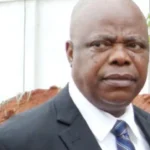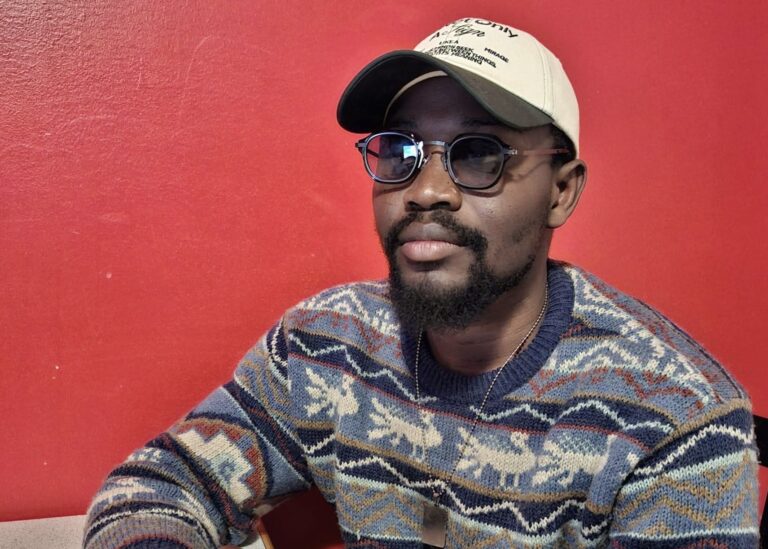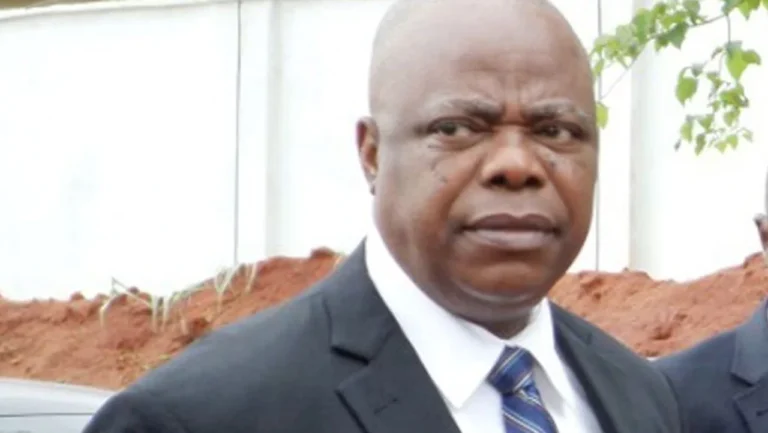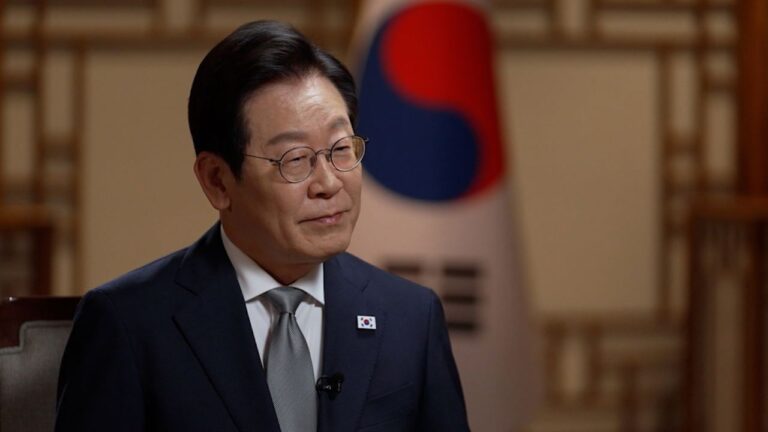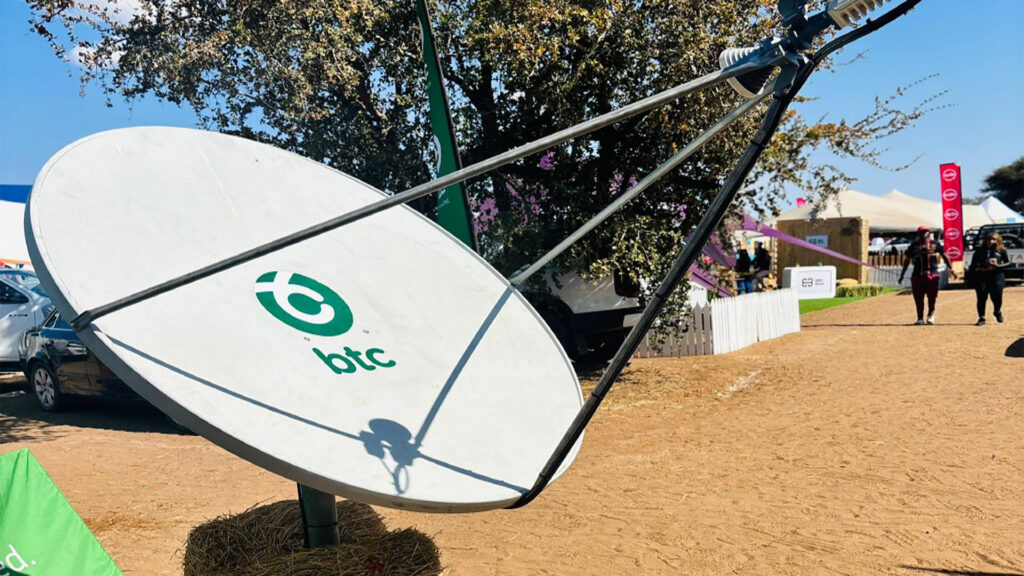
In Gaborone, a quiet but powerful shift is underway. What was once seen as waste, copper cables buried underground and replaced by fibre, is now being reborn into new products and opportunities as well as a renewed vision for sustainability. At the heart of this transformation is BTC, Botswana’s leading telecommunications company, working hand in hand with Sindawonye Granulators and Processors Pty Ltd, a regional leader in copper recycling with operations in South Africa, Zimbabwe, and now Botswana.
BTC continues its ambitious de-coppering programme, replacing legacy copper with faster, more reliable fibre, the question of what to do with thousands of tonnes of old copper cables naturally arose. Instead of allowing this legacy infrastructure to become waste, BTC made a bold choice to transform it into a sustainability success story. The company’s partnership with Sindawonye Granulators and Processors Pty Ltd ensures that the shift to fibre is also a shift toward environmental and economic value creation. This partnership is the first of its kind in Botswana, positioning BTC at the forefront of circular economy leadership.
Between 2021 and 2025, BTC’s de-coppering initiative tells a powerful story of financial turnaround and strategic foresight. In 2021, BTC spent P10 million replacing stolen copper, a costly start that underscored the urgency for change. By 2022, losses from theft had doubled to P20.1 million, even as the first signs of revenue emerged, with P2.6 million generated through copper disposal. The year 2023 brought the worst theft on record, costing BTC P57.2 million, despite an increase in disposal revenue to P6.4 million.
Then came 2024, the breakthrough year: losses dropped to P6.6 million, while revenue soared to P31.8 million, thanks to the operational partnership with Sindawonye and rapid fibre deployment that reduced theft opportunities. In 2025, BTC reached a milestone, generating P38.8 million in copper disposal revenue while losses fell dramatically to just P582,000. This transformation highlights how strategic partnerships and sustainability initiatives can convert operational risks into long-term value.
The Sindawonye facility in Gaborone, which became fully operational in September 2025, is already making measurable impact. The plant processes 30 to 50 tons of BTC copper every week, using an advanced granulation process that produces no emissions, no water pollution, and no air contamination. All 22 employees are Batswana, trained in specialised recycling methods that uphold both efficiency and environmental safety. The facility’s closed-loop water system ensures a zero-footprint operation, making it one of the cleanest copper recycling facilities in Southern Africa.
Copper is among the world’s most recyclable materials and also one of the most targeted for theft. BTC and Sindawonye are tackling this challenge head-on by creating secure, transparent, and traceable recycling channels. Each tonne of recovered copper is documented from collection to processing, preventing leakage into the informal scrap market. Once separated from its plastic casing, the copper re-enters global supply chains, while the plastic is repurposed into durable fencing droppers that are termite- and rot-resistant, demonstrating a true circular economy in action.
BTC’s sustainability agenda aligns closely with its digital transformation investments. Between 2021 and 2025, the company invested over P100 million in fibre and Wideband Digital Subscriber Line (WDSL) technology to modernise Botswana’s connectivity. From an initial P20.98 million investment in 2021, building the national digital backbone, to a P48.28 million allocation in 2025 to achieve near-universal access, BTC’s infrastructure growth mirrors its sustainability journey: bold, consistent, and nation-driven. These investments support Botswana’s Vision 2036 and its commitment to a green, digitally empowered economy.
BTC’s de-coppering project has evolved from a cost-saving measure into a revenue-generating sustainability model. What once drained millions in replacement costs is now a profitable and environmentally responsible enterprise, with cumulative copper disposal revenue projected to exceed P80 million by 2026 if current trends continue. Beyond the financials, the project demonstrates how innovation and sustainability can coexist and lead to creating jobs, reducing theft, and contributing to Botswana’s circular economy vision.
Sindawonye’s expansion into Botswana represents a regional leap forward in sustainable industrial collaboration. With BTC as its first local partner, the company aims to turn Botswana into a Southern African recycling hub, driving economic diversification and environmental stewardship. This partnership redefines what legacy means: old cables once destined for landfills now symbolize opportunity and national pride.
Post Views: 17


